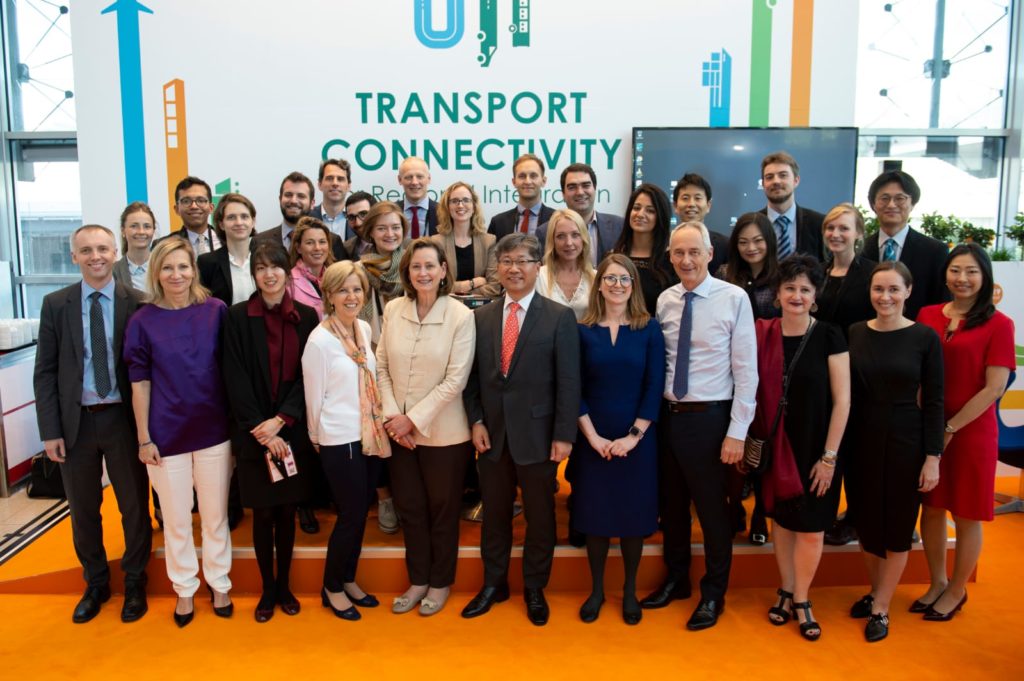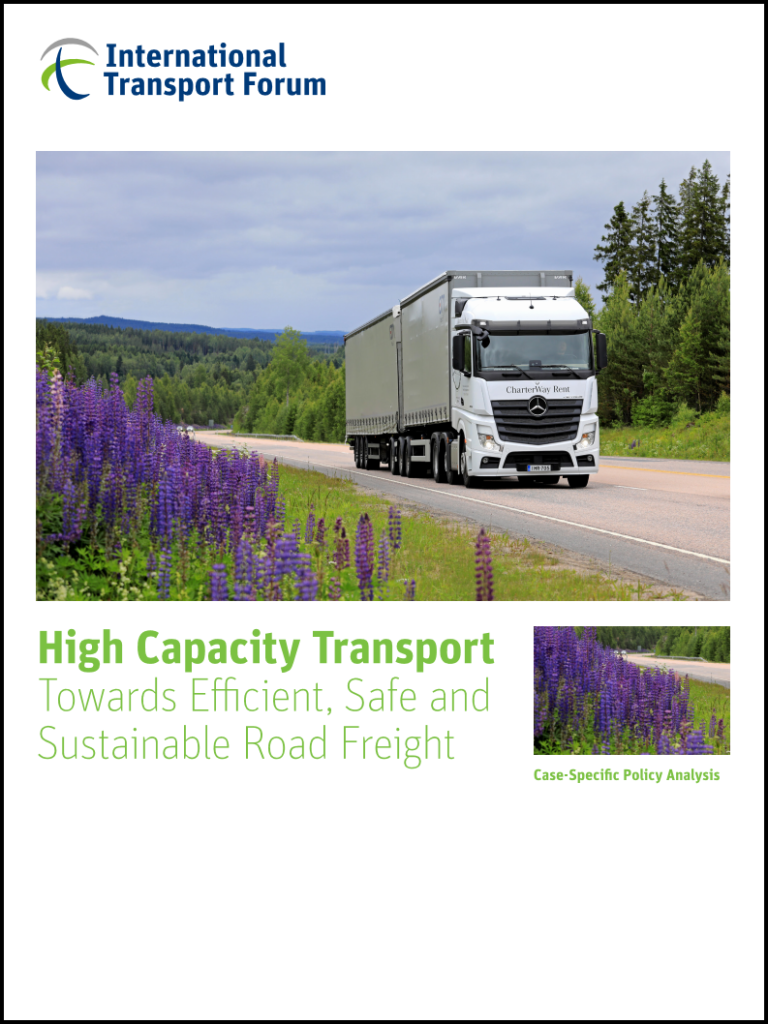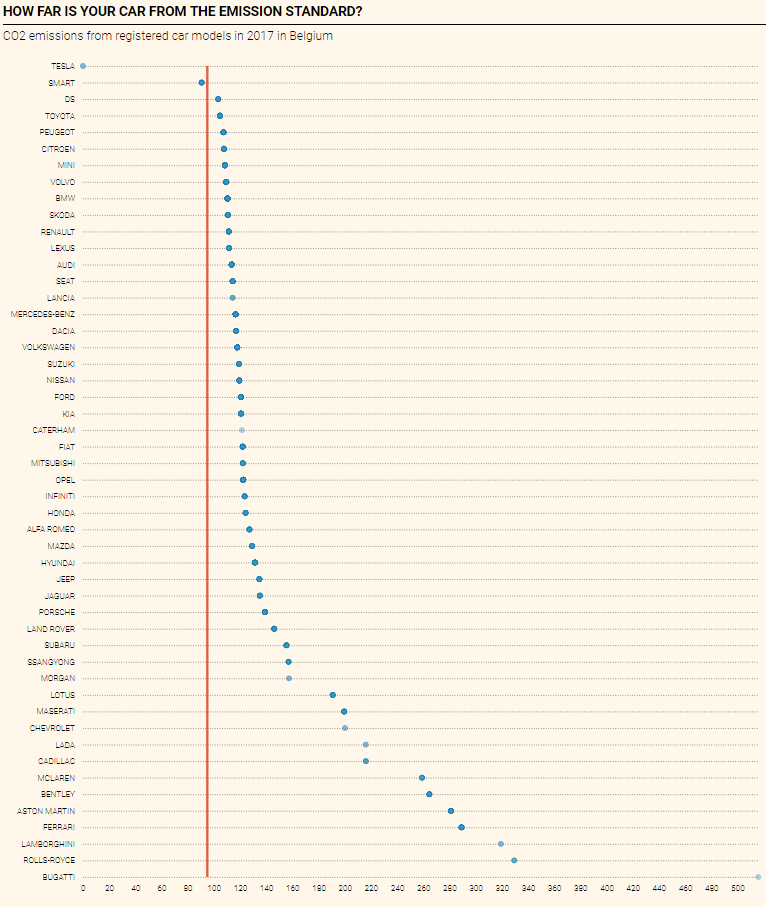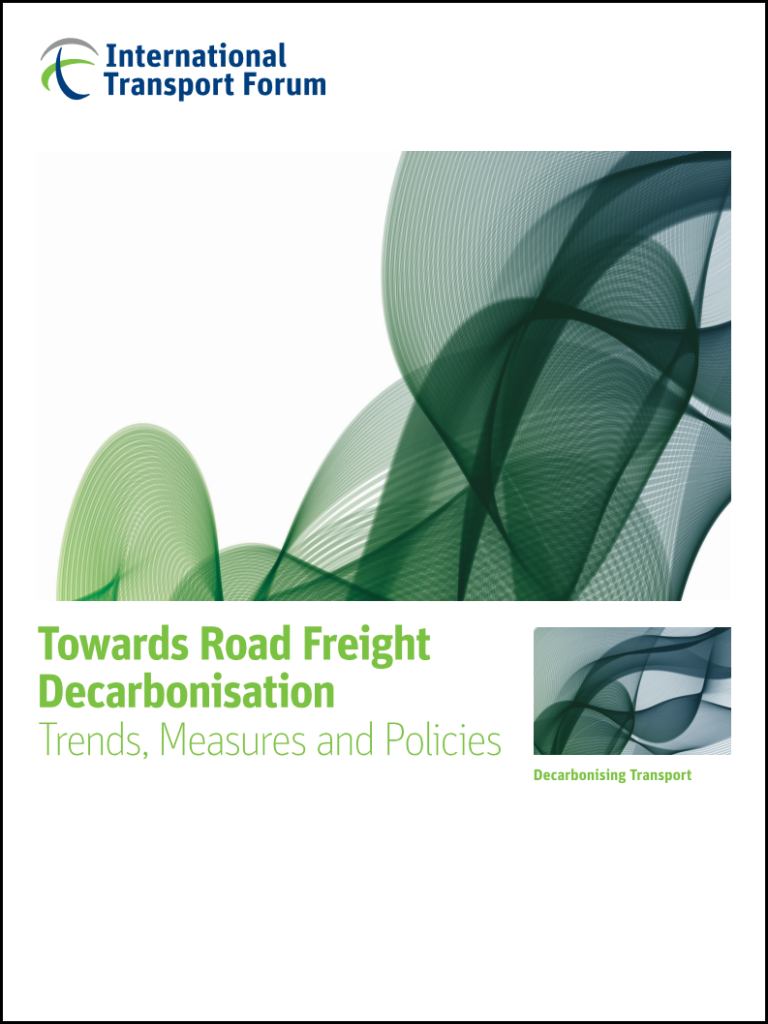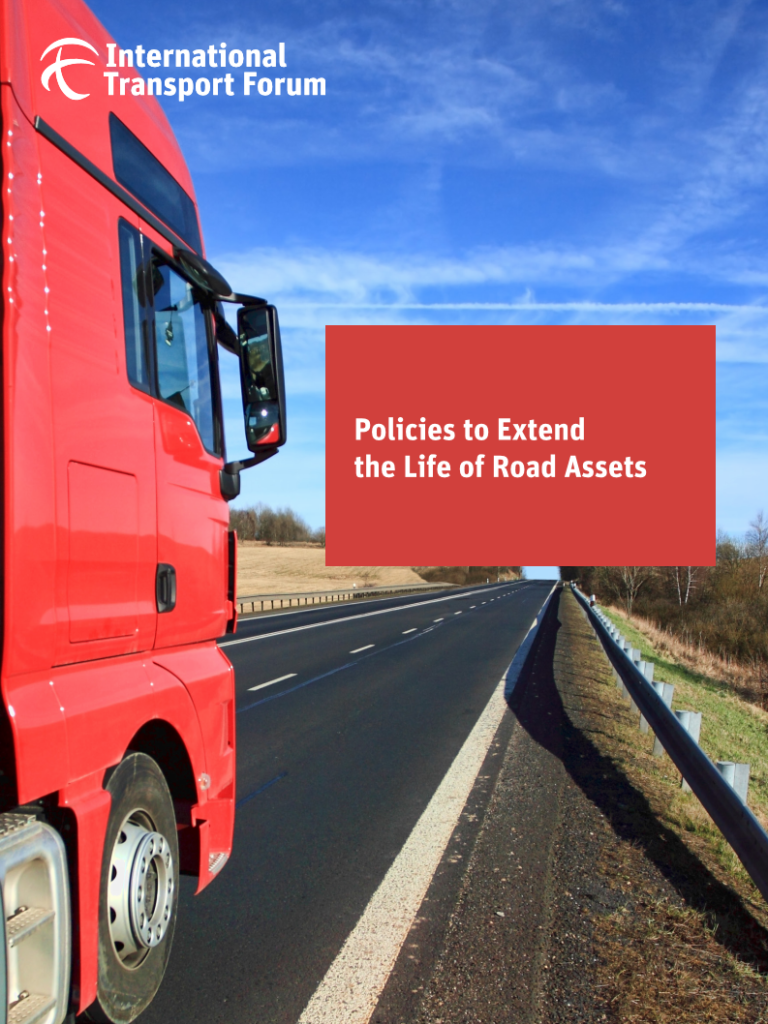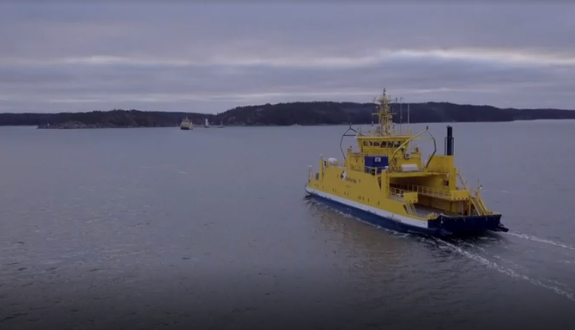I have talked about this for years – if you look at the costs that are associated with vehicle use nothing beats electric vehicles. A new report from BNP Paribas has just been released that quantifies these impacts for oil price.
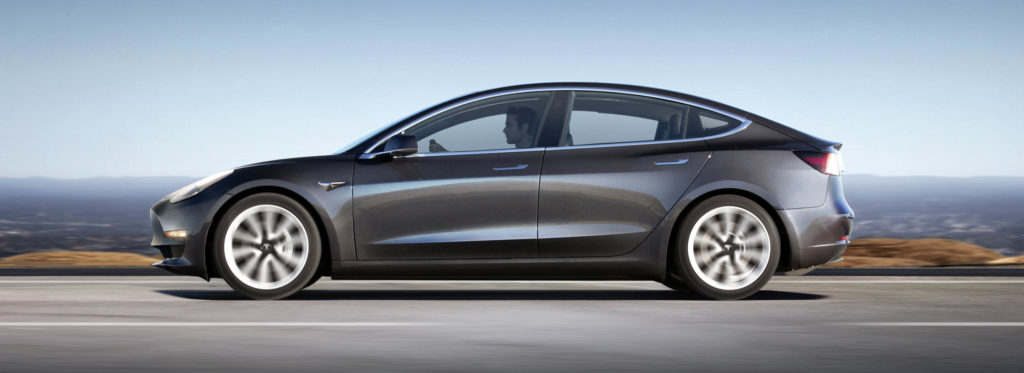
Knowing what an EV daily user like me knows, one could have guessed, but the calculation from the report cited in Forbes says it best:
The long-term break-even oil price for gasoline to remain competitive is $9-$10pb, and for diesel $17-$19pb.
Although this sounds far-fetched today, this is what a disruption looks like before it happens. Well-developed technology and sound economic performance are behind it.
In real life… In August in order not to fly I drove 2342 km, charging my car from solar and in public locations on longer stretches. And for the times that I had to pay for public charging the total was 22.43 €. Can you beat that on a fossil fuel car?

